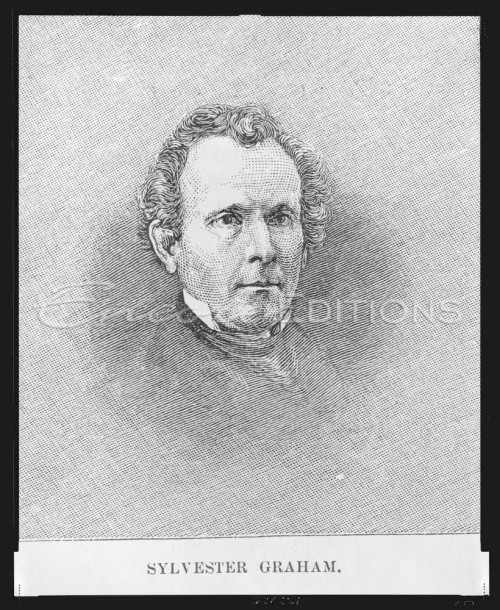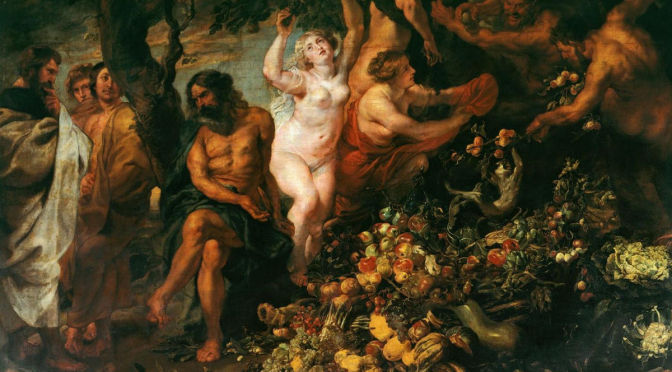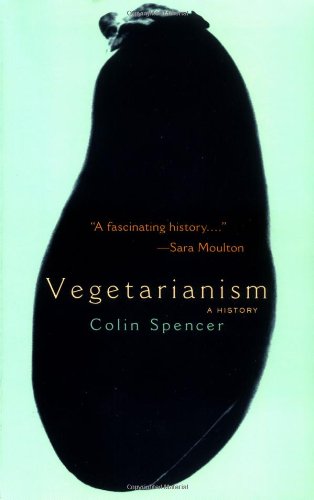The Pythagorean diet 1)↓ officially changed its title to vegetarianism in 1847, when a meeting was held at Northwood Villa, Ramsgate, a hydropathic infirmary run by William Horsell, from which emerged the Vegetarian Society. Horsell, who edited a magazine called the Truth Tester, responded to a letter from a vegetarian reader suggesting that a society should be formed…
The term `vegetarian’ was current in the 1840s but became official at the birth of the society. Later, a future President of the society, Professor Mayor, was to say the name derived from the Latin vegetus, meaning vigorous and lively.This etymological explanation has never seemed very convincing. From the earliest times a vegetarian seemed to signify someone passive and serene, though such figures as Tolstoy and Shaw were hardly characteristic of this public perception.
Colin Spencer Vegetarianism: A History
| 1. | ↑ | This name [Pythagorean diet] of the diet which precludes meat was used throughout the Mediterranean countries and across Europe until the middle of the nineteenth century; it was used in Christian medieval Europe as a term of abuse and by the poet Shelley to describe an ideal way of life. The Pythagorean diet came to mean an avoidance of the flesh of slaughtered animals, but it was no more precise than that. It may originally have been vegan – what evidence we have suggests that Pythagoras’ own diet was – but historically it often included dairy products and may also have included fish. At times historical records are vague on the actual ingredients of some diets, giving merely an impression of them. |






